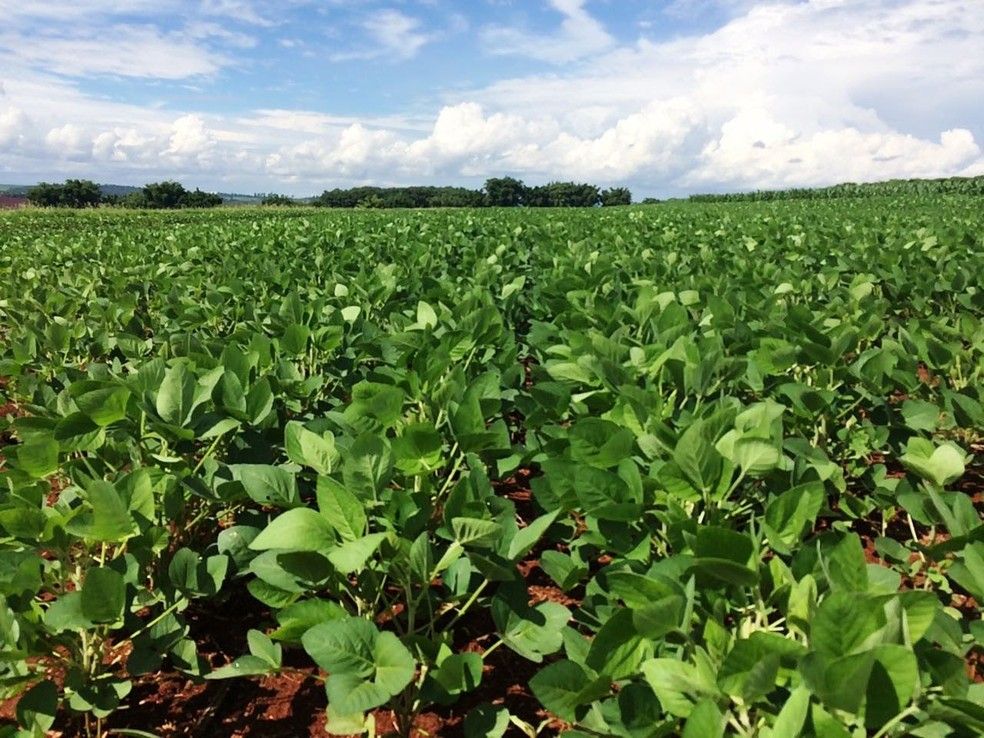
In the period from January to April 2025, the total exports of Brazil's integrated agricultural enterprises reached $52.8 billion, showing growth compared to the same period last year. Despite facing uncertainties such as excessive tariffs imposed by the U.S. government, the industry has demonstrated strong resilience.
According to insights from Zhongjin, analysis from the Center for Advanced Studies in Applied Economics (Cepea) at the University of São Paulo (USP) indicates that the total exports of Brazil's integrated agricultural enterprises have increased by 1.6% during the same period this year. The main driving factors behind this growth are the rise in prices of coffee and orange juice, along with significant increases in the export volumes of meat, cellulose, and cotton.
Researchers point out that a 5.3% increase in agricultural product prices is the primary reason for the growth in agricultural exports, despite a 3.5% decrease in total export volume. The strong performance of Brazil's meat exports is attributed to the growth in demand in overseas markets, with the U.S. tariff policies not impeding Brazil's meat exports to the United States. The price hikes in coffee and orange juice are linked to global supply shortages.
During the first four months of this year, Brazil's meat product exports saw robust growth, with China being the largest export destination for Brazilian beef. Forestry products also performed well, accounting for 11% of the total exports, with major export products including timber, cellulose, and paper. Brazil's cotton exports increased in volume, although average prices decreased.
The Center for Advanced Studies in Applied Economics indicates that with the increase in Brazilian grain production, the export volume of integrated agricultural enterprises is expected to continue growing. Despite potential uncertainties arising from U.S. trade and tariff policies, the competitiveness of Brazilian products in export markets unaffected by tariffs is anticipated to strengthen.
Furthermore, a survey in April revealed that despite increases in import tariffs, the demand for Brazilian beef and orange juice in the U.S. remains strong. However, a slowdown in global economic growth may reduce the demand for commodities in overseas markets, impacting the exports of Brazil's integrated agricultural enterprises.
